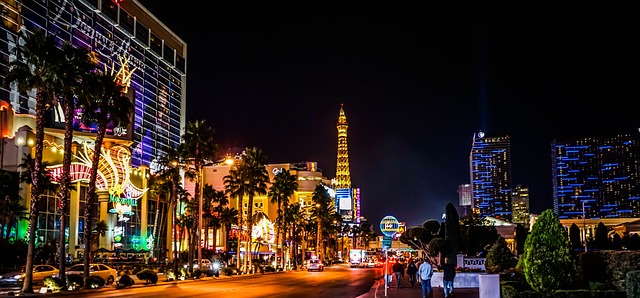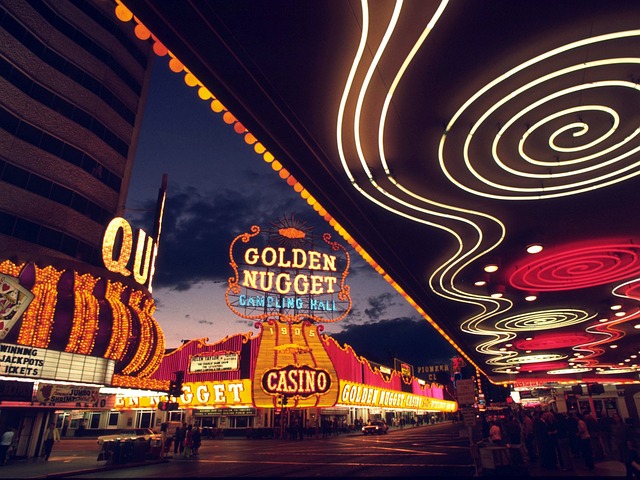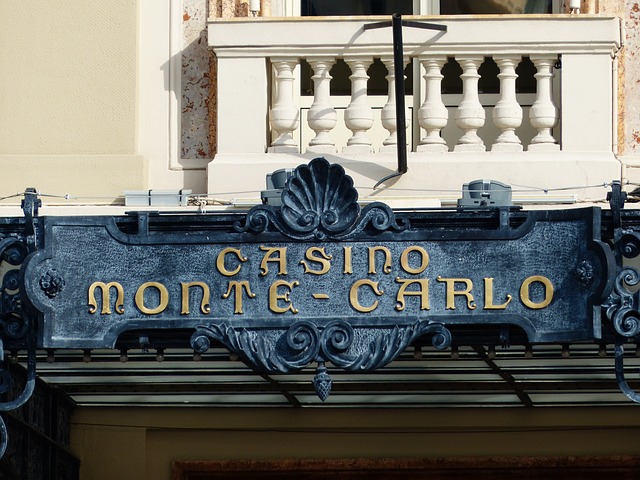Casinos do not just offer entertainment; they prey on struggling communities. For many, going to National Casino or others feels like a way to escape hardship. But beneath the lights and sounds, casinos work to keep people spending. They target the most vulnerable, making sure those with the least lose the most. It’s a cycle where excitement masks deep financial harm.
Attracting Low-Income Players
Casinos rely on low-income visitors who hope for a quick escape from their problems. Many who visit casinos are looking for a chance to change their lives with a big win. National Casino and similar places use bright lights, music, and “free” offers to draw people in. But these tactics are part of a larger trap. They make it easy to spend more than planned, leading to deeper struggles for those already in need.
Addiction as a Profit Model
Casinos depend on customers who keep coming back, even if it harms them. They design their games and environments to create addiction. Free drinks, loyalty points, and constant sounds encourage players to stay longer. This is not an accident; it’s part of their profit model. The more addicted people are, the more money casinos make, keeping customers locked in a loop of spending.
The Myth of Winning Big

Casinos sell the idea that anyone can hit the jackpot, but this is rarely true. Every game in a casino is designed to favor the house, not the player. Slots, cards, and tables all work in the casino’s favor. Techniques like “near-wins” keep players hooked, even as they lose. National Casino, like others, builds this hope into every corner. People stay, dreaming of a win that never comes, while losses quietly pile up.
Impact on Local Economies
Casinos claim to boost local economies, but this impact is often small. While they create jobs, these roles are often low-paying. The money people spend in casinos mostly goes to large corporations, not the community. Small businesses nearby often suffer as locals spend their money at the casino. Over time, casinos drain resources, creating more poverty in surrounding areas.
Political Influence and Weak Regulation
The casino industry holds strong political power, shaping policies to protect its interests. Casinos spend large sums on lobbying to lower their taxes and loosen restrictions. They present themselves as economic contributors, but this claim is misleading. This influence allows places like National Casino to operate with fewer restrictions. Without strong regulations, casinos can keep profiting while communities bear the cost.
Manipulative Casino Design

Casinos are designed to keep people gambling longer. The layout, lights, and sounds create a sense of excitement and escape from reality. There are no clocks or windows, so people lose track of time. These designs encourage people to stay longer, unaware of how much they are spending. The goal is simple: keep players gambling until they have nothing left.
Social Costs on Families and Communities
Gambling addiction doesn’t just harm the gambler; it impacts entire families. Financial struggles caused by addiction can lead to stress and family conflict. Many families lose their savings, leaving them in debt and hardship. Children in these households often feel the stress of these financial burdens. Communities also suffer, as money that could help local businesses goes to the casino instead. This harms public resources like schools and social services.
Challenging Casino Practices
Casinos present themselves as entertainment, but they come at a high cost to society. Raising awareness about casino tactics can help protect vulnerable people. Stricter regulations can reduce harmful practices within the industry. Communities can demand responsible gambling policies that protect residents from addiction. By questioning the casino industry’s impact, society can protect vulnerable groups from financial and social harm.
